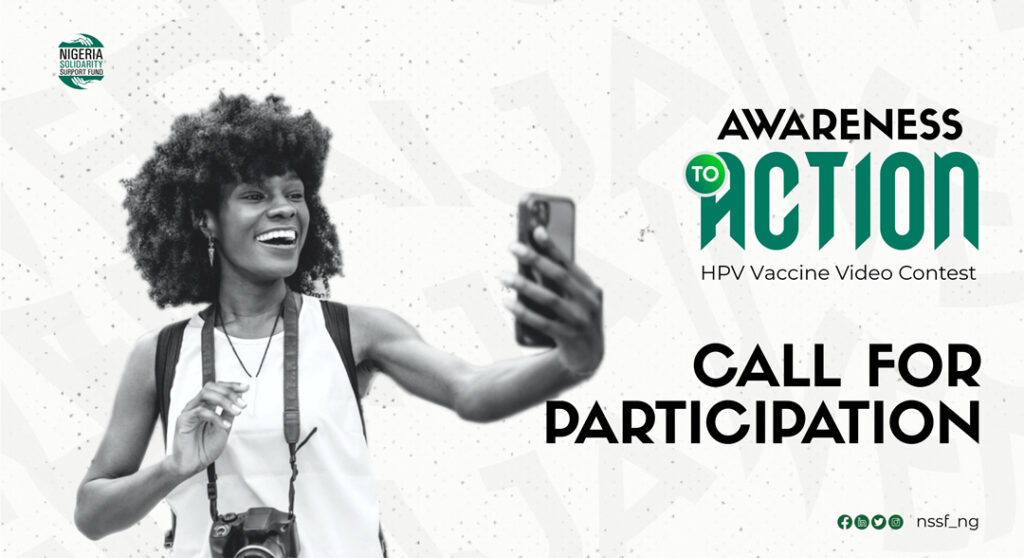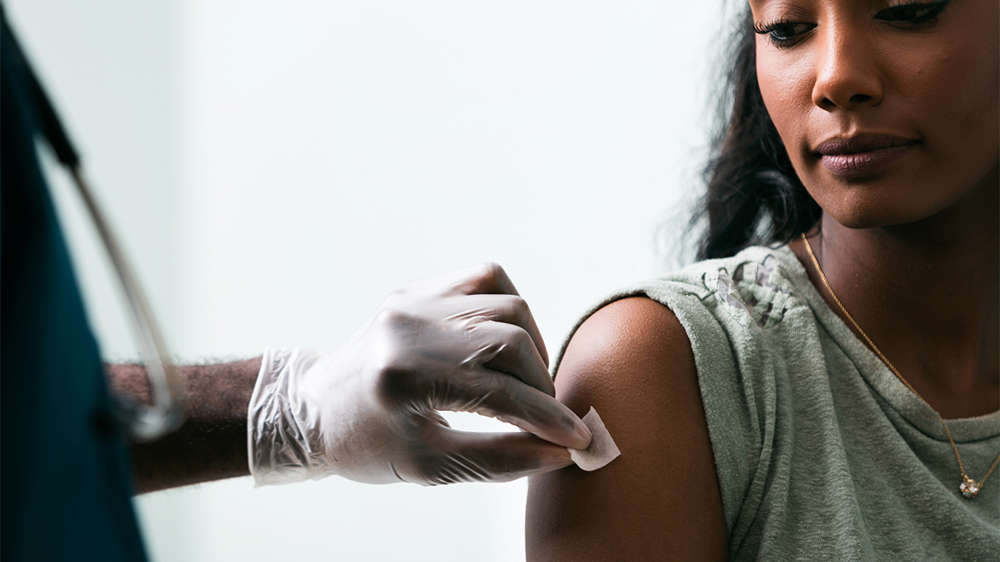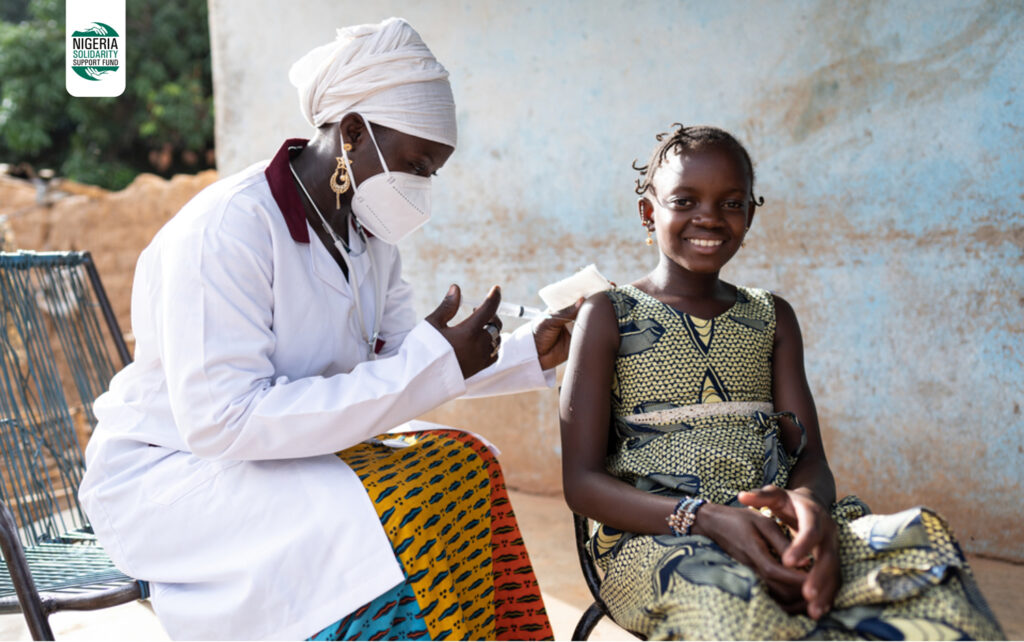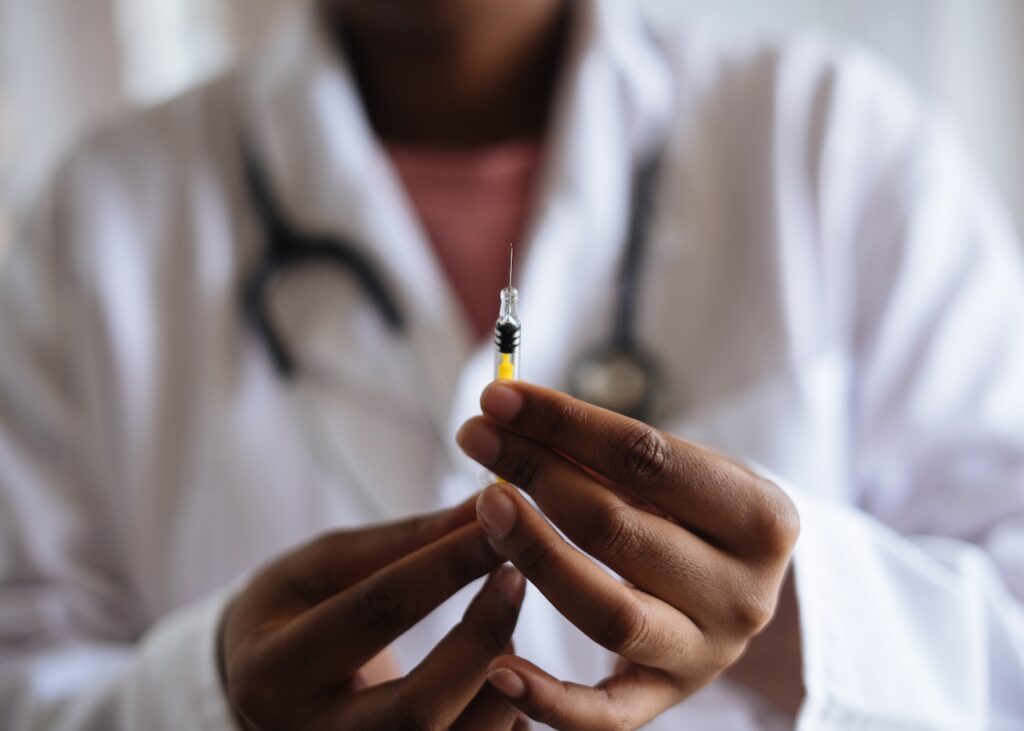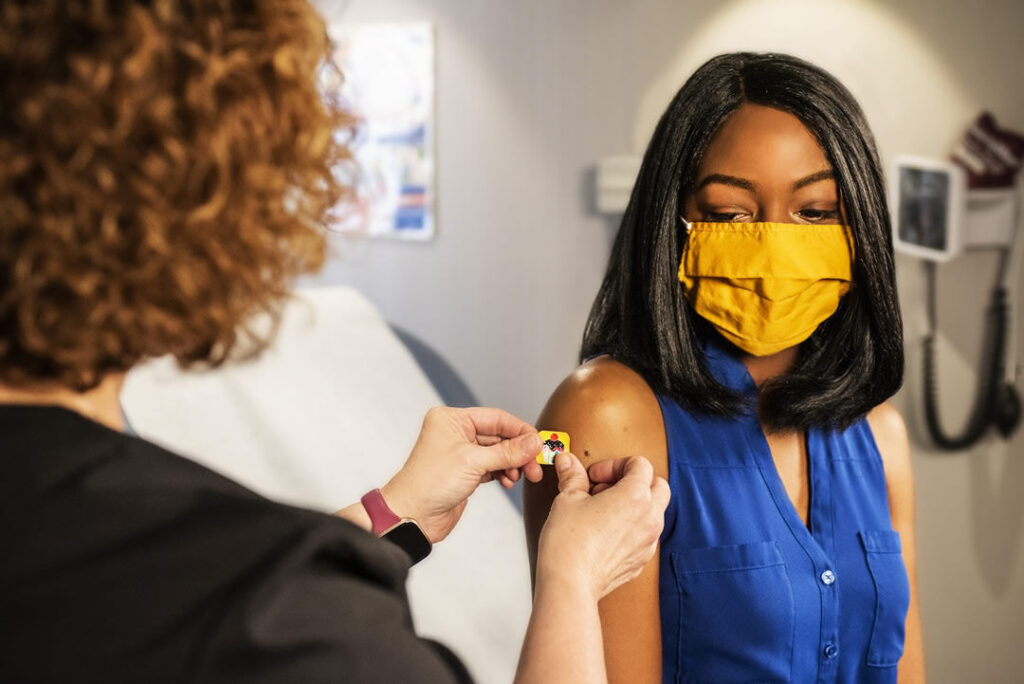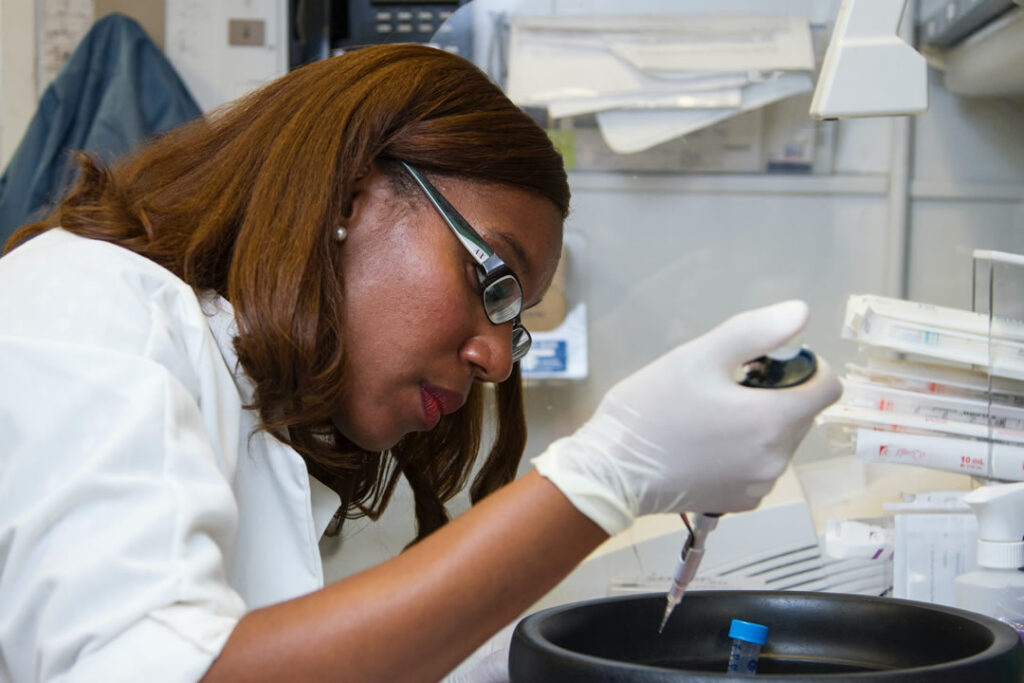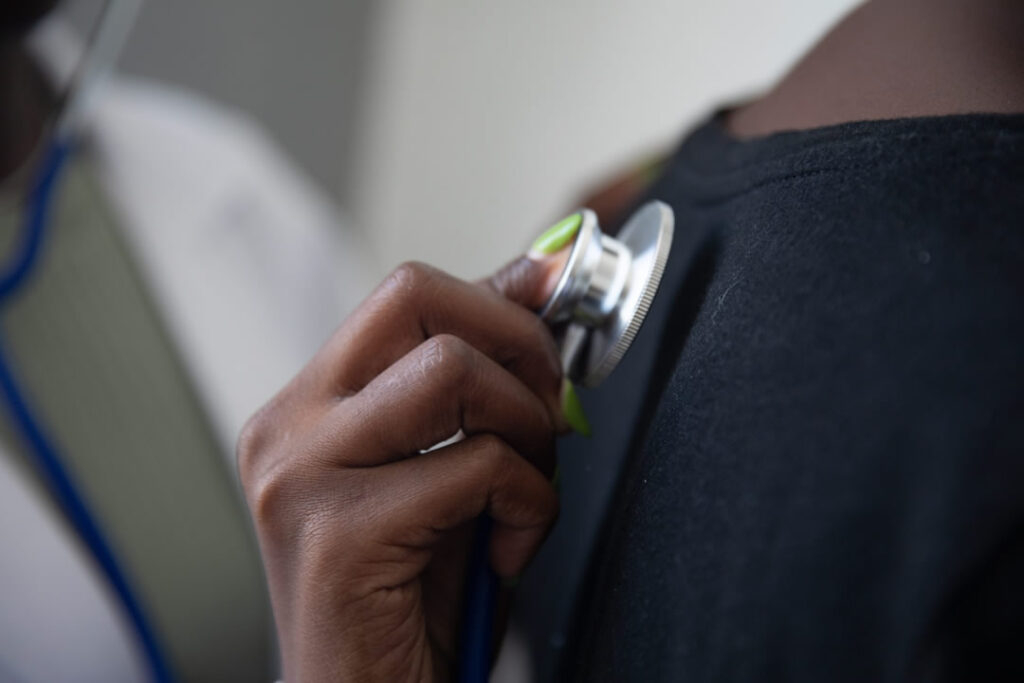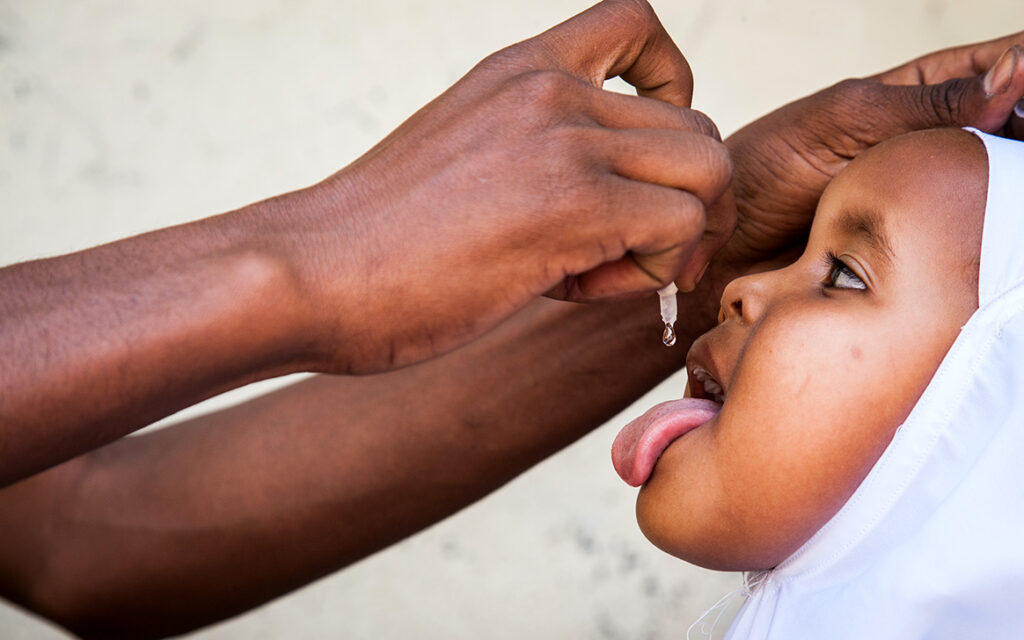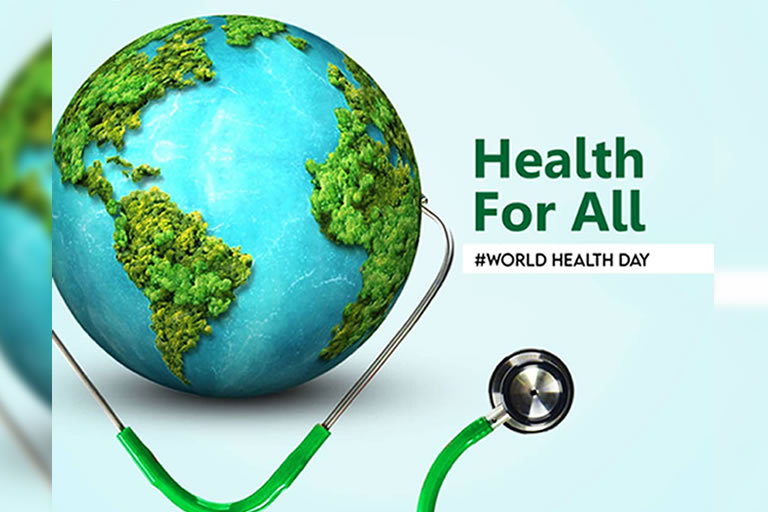WeNaija Awareness to Action Campaign 2023: Empowering Nigerian Youth for Health Advocacy
Nigeria’s strength lies in its vibrant youth, representing an estimated 74.9 million individuals aged 18-35 as reported by populationpyramid. As this demographic continues to grow, strategic investments in youth development become paramount. Empowering these young voices is key to harnessing their diverse perspectives, building confidence, and fostering leadership skills. The WeNaija Campaign 2023 is a […]
WeNaija Awareness to Action Campaign 2023: Empowering Nigerian Youth for Health Advocacy Read More »

